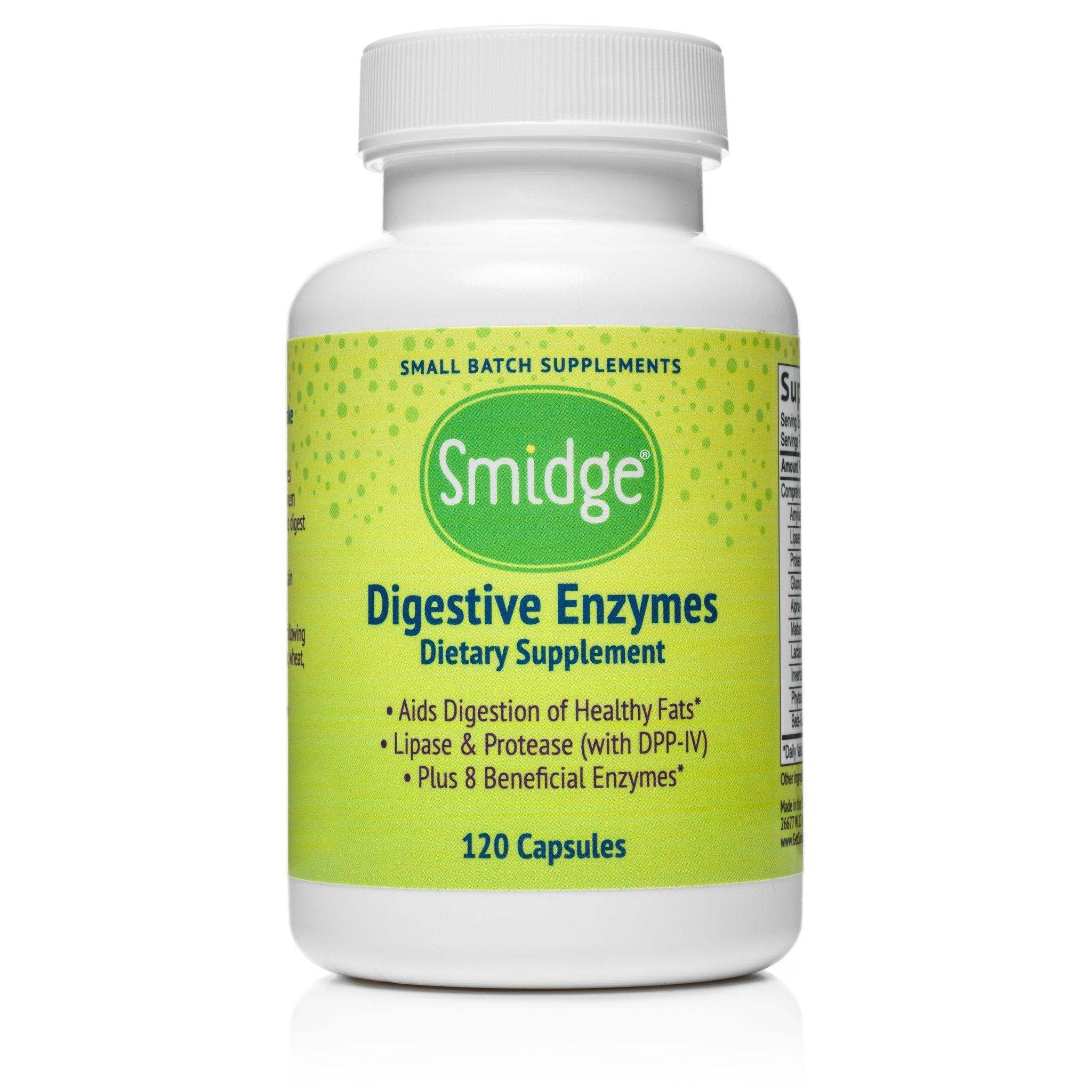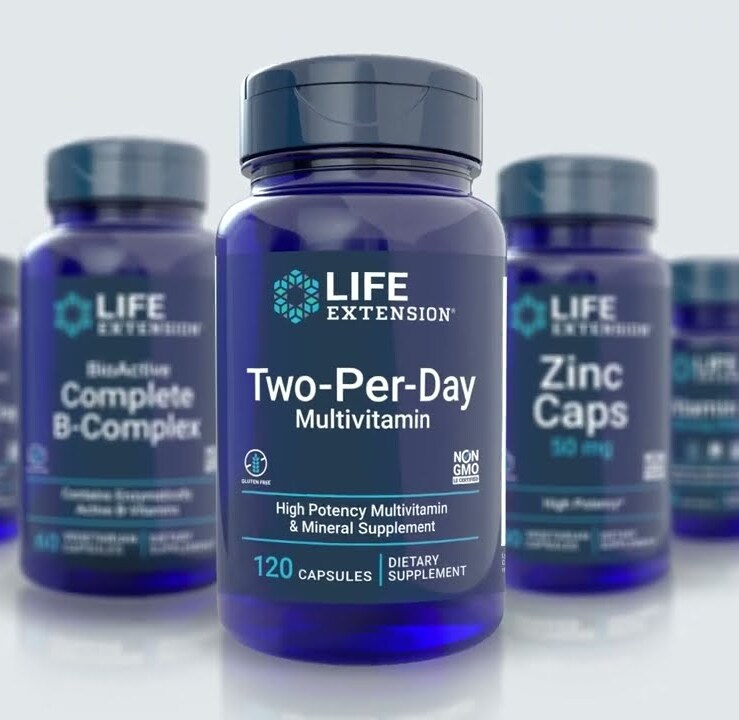What Is Calprotectin Test?


Related products
The calprotectin test measures the level of calprotectin in a person's faeces—a protein released by white blood cells in response to inflammation. It is a powerful and non-invasive tool used primarily to detect inflammation in the colon, especially in the context of inflammatory bowel disease (IBD). While commonly used to help diagnose IBD, the test is also useful for tracking existing conditions, differentiating between IBD and irritable bowel syndrome (IBS), and detecting other causes of gastrointestinal symptoms. Faecal calprotectin testing has become a key part of digestive health screening. It allows clinicians to evaluate gut inflammation without needing invasive procedures like colonoscopies right away. This guide explores everything you need to know about calprotectin testing—from what it is and who it’s for, to how it's done, how to interpret the results, and what steps to take next. To explore home diagnostic options conveniently, many people are turning to trusted resources like the Home Blood Tests platform for guidance and testing solutions.

What Is Calprotectin and Why Is It Important?
Calprotectin is a protein that is produced by white blood cells—specifically neutrophils—during an inflammatory response. When there is inflammation in the intestines, neutrophils travel to the affected site and release calprotectin, which then passes into the stool. Because it is highly stable and measurable in faeces, its presence provides a reliable indicator of inflammation within the colon. It is particularly useful because it does not just react to inflammation from one source—it can be elevated due to IBD, infections, colorectal cancer, or even side effects from certain medications.
Key roles of calprotectin include:
-
Signalling the presence of gut inflammation
-
Helping distinguish between inflammatory and non-inflammatory gastrointestinal conditions
-
Supporting ongoing monitoring in chronic conditions like Crohn’s disease and ulcerative colitis
For patients exploring digestive concerns as part of broader health concerns, combining tests such as the Liver Blood Test may offer additional insights, especially when symptoms involve systemic inflammation or medication-related effects.
Who Should Be Tested for Calprotectin?
Not everyone with stomach discomfort needs a calprotectin test, but it becomes highly relevant in individuals with symptoms that suggest chronic or inflammatory gastrointestinal issues. IBD symptoms can vary widely depending on the area and severity of inflammation. These symptoms often come and go, making diagnosis difficult without biochemical evidence. Many of these symptoms are also seen in non-inflammatory conditions like IBS, certain infections, or even bowel cancers.

Calprotectin testing is usually recommended for people experiencing:
-
Persistent or recurring abdominal pain
-
Bloody or watery diarrhoea
-
Rectal bleeding
-
Bloating and flatulence
-
Unexplained weight loss
-
Abdominal cramps or discomfort
In addition to calprotectin, patients with gastrointestinal or hormonal symptoms might benefit from other diagnostics such as the Vitamin D Blood Test, particularly if fatigue or generalised inflammation is present alongside gut-related issues.
How the Calprotectin Test Works
Calprotectin testing is a non-invasive process that does not require any fasting or bowel preparation. The procedure involves the collection of a stool sample, usually done at home using a sterile container provided by your healthcare provider or testing laboratory. The patient is instructed to avoid contaminating the sample with urine or water and to store it properly before submitting it for analysis.

The process generally follows these steps:
-
You collect a small stool sample at home
-
The sample is sent to a laboratory for analysis
-
Calprotectin levels are measured in micrograms per gram (μg/g)
-
Your doctor receives the results and interprets them alongside your symptoms and medical history
Patients who experience gut inflammation as part of a broader metabolic profile—such as fatigue, hormonal imbalances or stress—may also find it useful to pair this with a Cortisol Blood Test, especially if their symptoms appear to fluctuate with stress or adrenal fatigue.
Understanding Calprotectin Test Results
Calprotectin results help determine the presence and intensity of inflammation. These levels are measured in micrograms per gram (µg/g) of stool. The reference ranges can vary slightly between laboratories, but the following values are generally used:
Common result ranges and their meaning:
-
Normal (0–49 µg/g): Suggests no significant colon inflammation. IBS or minor infection may be responsible for symptoms.
-
Moderate (50–120 µg/g): May indicate mild inflammation. The doctor may recommend a repeat test in a few weeks or explore medication-related causes.
-
High (over 120 µg/g): Indicates significant inflammation. Further tests such as colonoscopy or imaging may be needed to confirm diagnoses like IBD, colorectal cancer, or severe infections.
In more complex cases, especially when gut inflammation overlaps with other chronic symptoms like fatigue or anaemia, a more comprehensive workup such as the Full Blood Count can provide supporting evidence and context.
How Calprotectin Testing Helps Differentiate Between IBD and IBS
One of the most valuable uses of calprotectin testing is to distinguish between IBD (an inflammatory condition) and IBS (a functional disorder without inflammation). Both conditions can cause similar symptoms like bloating, diarrhoea, and cramping, but their management and outcomes are vastly different.

Why this distinction matters:
-
IBD requires long-term treatment including anti-inflammatory or immunosuppressive medication
-
IBS is typically managed through lifestyle changes, diet, and stress management
-
Misdiagnosis can lead to unnecessary colonoscopies or ineffective treatments
People who experience gastrointestinal symptoms that come and go, or that worsen during stress, may also want to explore testing from curated platforms like the All Health Tests Collection, where gut, hormone, and general health assessments are available in a structured format.
What Conditions Can Cause High Calprotectin Levels?
Elevated calprotectin levels are not exclusive to IBD. They can also appear in several other health conditions, which is why additional testing is often required.
Conditions that may elevate calprotectin include:
-
Crohn’s disease and ulcerative colitis
-
Bacterial or parasitic infections
-
Colorectal cancer
-
Coeliac disease (less commonly)
-
Use of NSAIDs (non-steroidal anti-inflammatory drugs)
If symptoms involve fatigue, hormonal imbalance, or cycle irregularity alongside gut distress, tests like the AMH Blood Test can help provide a broader hormonal health overview, especially in younger patients or those with reproductive concerns.
Managing and Reducing Calprotectin Levels
The best way to reduce calprotectin is to address the underlying condition causing the inflammation. Because it’s a marker—not the disease itself—calprotectin will naturally fall once the gut inflammation resolves.
Approaches to reduce calprotectin may include:
-
For IBD: Anti-inflammatory medications, immunosuppressants, or biologic therapy
-
For infection: Antibiotics or antiparasitic treatments
-
For drug-induced inflammation: Discontinuation or replacement of NSAIDs
-
For mild inflammation or IBS: Lifestyle changes, stress reduction, and dietary adjustments such as a low-FODMAP diet
In long-term IBD monitoring, patients often benefit from structured follow-up plans and access to targeted diagnostics, such as those offered through the Men’s Health Tests Collection, which often address coexisting issues like fatigue, hormone imbalance, and digestive concerns.
The Role of Calprotectin Testing in Long-Term Gut Health
Faecal calprotectin testing plays a critical role in both the diagnosis and management of digestive conditions. For those with chronic diseases like Crohn’s or ulcerative colitis, it provides a valuable tool for:
-
Monitoring treatment response
-
Predicting flare-ups before symptoms worsen
-
Reducing the need for frequent invasive testing
-
Helping tailor long-term care plans
For individuals without a diagnosis but who experience unexplained gastrointestinal symptoms, the test offers early insight into whether inflammation is present and what direction investigations should take next. Pairing this with broader tools such as the Health and Lifestyle Blood Test can offer a complete view of your internal health profile.
Conclusion
Calprotectin testing is an essential tool in modern digestive health assessment. Its ability to detect intestinal inflammation quickly, non-invasively, and accurately makes it invaluable in the diagnosis and management of inflammatory bowel diseases such as Crohn’s disease and ulcerative colitis. It also helps differentiate these serious conditions from non-inflammatory disorders like IBS, avoiding unnecessary invasive procedures and guiding timely treatment.
Understanding your symptoms, knowing when to test, and interpreting results correctly are crucial steps in managing your health proactively. Elevated calprotectin levels are not a diagnosis in themselves but a strong indication that further evaluation is needed. Whether the cause is IBD, infection, or medication-related inflammation, early detection can lead to better outcomes and a more targeted treatment plan.
As part of a holistic health strategy, faecal calprotectin testing complements other key diagnostics—ranging from hormone panels to liver and lifestyle assessments. Together, these tools empower individuals to take control of their digestive wellbeing and overall health.





















 Rated Excellent by 26,523+ Reviews
Rated Excellent by 26,523+ Reviews